Sell or Rent: What's the Best Move for Your Home?

When it’s time to move, deciding what to do with your current house can be a major decision. Increasingly, many homeowners are considering renting their property instead of selling it.
According to recent Zillow data, two-thirds (66%) of sellers thought about renting their home before listing it, with nearly a third (28%) giving serious consideration to the idea. This marks a rise from 2021, when less than half (47%) of sellers entertained the possibility. Clearly, the trend of renting out homes is gaining traction.
So, what’s the right move for you— selling your home to fund your next purchase or keeping it as a rental for long-term financial growth? Let’s explore a few key considerations to help guide your decision.
Does Your Home Work as a Rental Property?
First, evaluate whether your house is suitable for renting. For instance:
- Location: Is your neighborhood desirable for renters?
- Maintenance Needs: Are there major repairs required before tenants can move in?
- Proximity: If you’re moving far away, managing the property could become inconvenient.
If these factors make renting impractical, selling your home might be the better option.
Are You Prepared for Landlord Responsibilities?
Owning a rental property is more than just collecting monthly rent. Being a landlord requires time, effort, and a readiness to address unexpected challenges. You may face middle-of-the-night maintenance calls, repair costs, or even tenant issues like missed payments or lease violations. As Redfin highlights:
"Landlords must handle issues like broken pipes, HVAC system failures, and structural damage. Without a financial buffer for these expenses, you could find yourself in a tight spot."
Have You Factored in All the Costs?
Renting for passive income isn’t always as straightforward as it seems. Bankrate outlines key costs to consider:
Mortgage and Taxes: Even if the rent doesn’t fully cover these expenses, you’ll still be responsible for them.
Insurance: Landlord insurance, which is about 25% more expensive than standard homeowners insurance, is essential.
Repairs and Upkeep: Budget at least 1% of the home’s value annually for maintenance—more if your house is older.
Vacancies: Empty rental periods mean no income but continued expenses.
Property Management: Hiring a property manager can reduce your workload but typically costs around 10% of the monthly rent.
Bottom Line
In conclusion, deciding whether to sell or rent out your home is a deeply personal choice. Take the time to carefully weigh the advantages and challenges of each option, and seek guidance from professionals to ensure you feel confident and well-informed. Consulting with a trusted real estate agent can provide valuable insights and support as you navigate this important decision.
Categories
Recent Posts

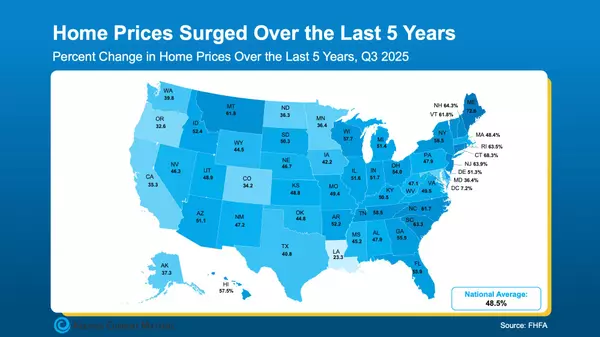
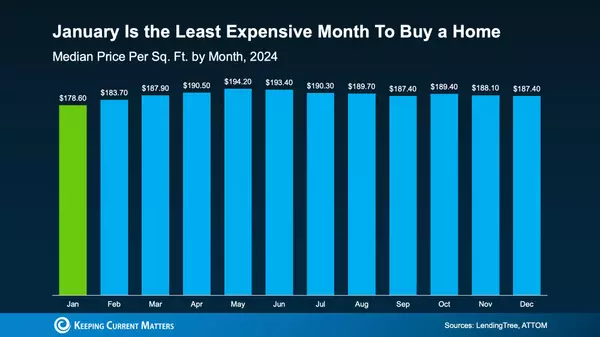
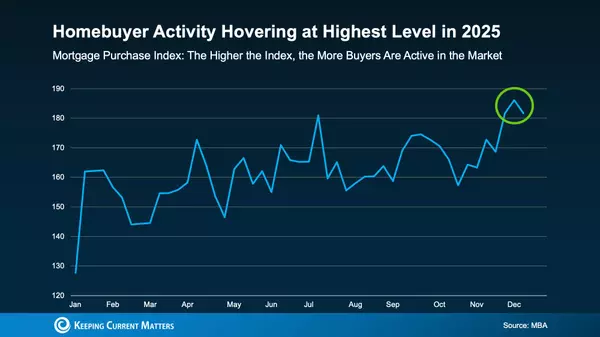
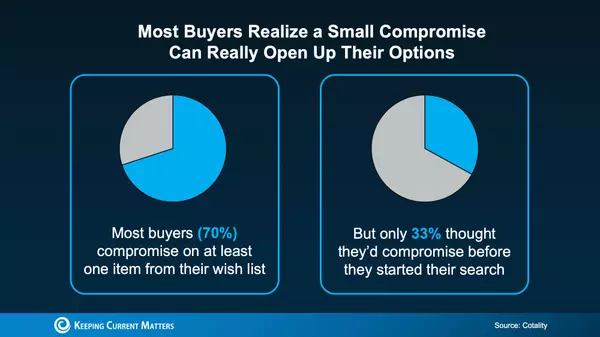
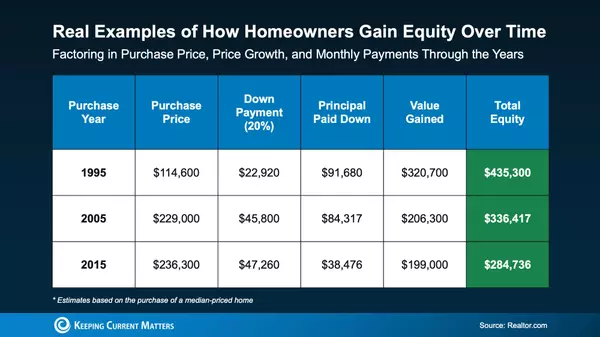
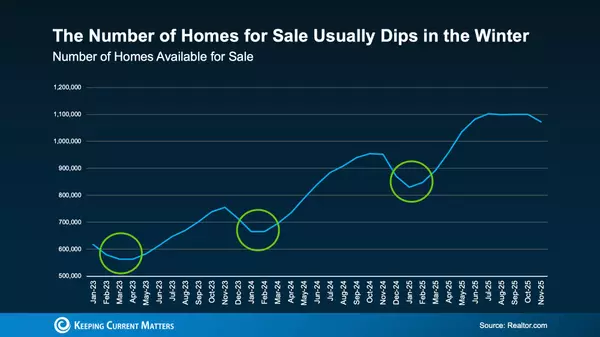
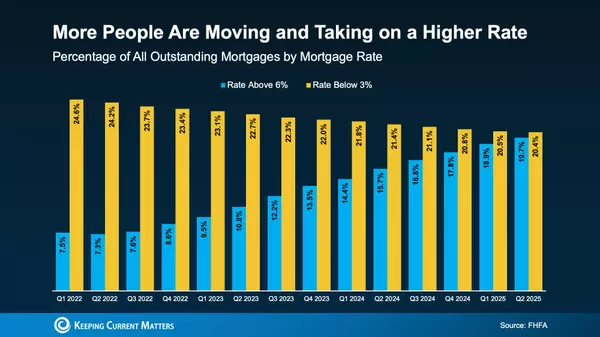
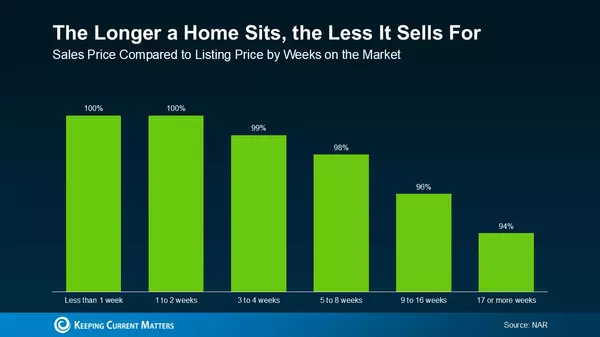
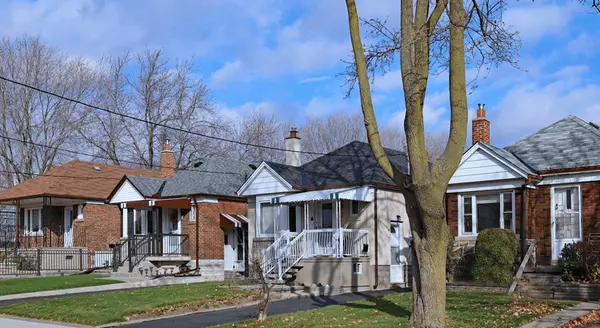
GET MORE INFORMATION


